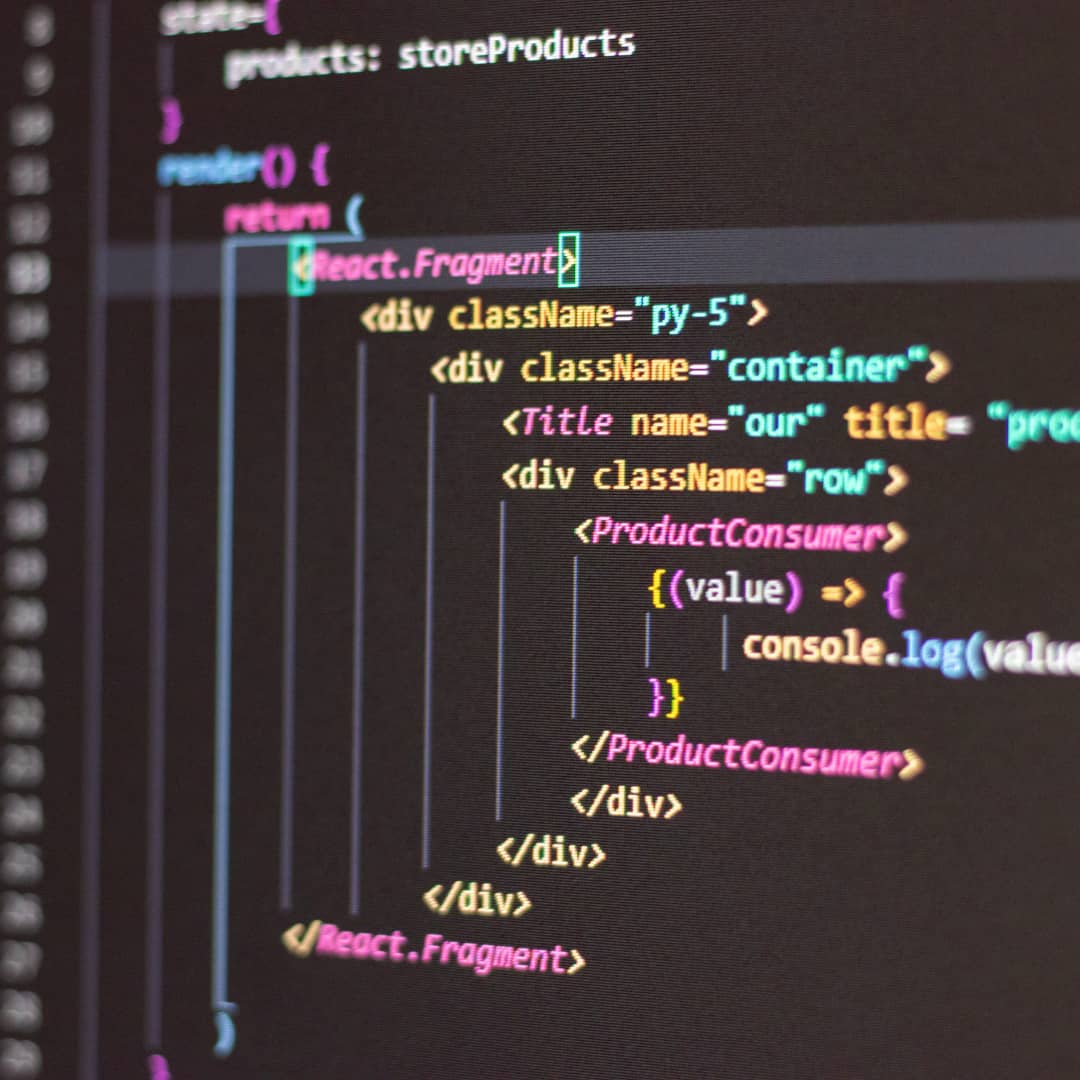Software Services
For Companies
For Developers
Products
Portfolio
Build With Us
Build With Us
Get Senior Engineers Straight To Your Inbox

Every month we send out our top new engineers in our network who are looking for work, be the first to get informed when top engineers become available

At Slashdev, we connect top-tier software engineers with innovative companies. Our network includes the most talented developers worldwide, carefully vetted to ensure exceptional quality and reliability.
Build With Us
The Transformation of Programming: How AI Has Revolutionized the Field/


Introduction
Artificial Intelligence (AI) has become a driving force behind numerous technological advancements, and its impact on the programming field has been profound. In this article, we will explore how AI has transformed programming, delving into the development details and showcasing its significant contributions. From automated code generation to intelligent debugging, AI has revolutionized the way developers approach software development and opened up new possibilities for innovation and efficiency.
AI in Code Generation

The Rise of Automated Code Generation
AI has played a crucial role in automating code generation processes. With the help of machine learning algorithms and neural networks, developers can now train models to understand code patterns, syntax, and programming languages. These models can then generate code snippets, templates, or even complete functions, saving developers time and effort.
Natural Language Processing in Code Writing
AI-powered natural language processing techniques have made it possible to write code using plain language descriptions. Developers can now express their ideas and intentions in natural language, and AI algorithms can convert them into executable code. This approach has lowered the barrier to entry for programming and has made it more accessible to individuals with limited coding experience.
Intelligent Debugging and Error Detection
AI-Based Debugging Tools
AI has enabled the development of intelligent debugging tools that can automatically detect and fix code errors. By analyzing code patterns, execution flows, and error logs, these tools can identify common programming mistakes, suggest potential fixes, and even refactor code for better performance. This not only saves time but also improves the overall quality and reliability of software.
Predictive Error Analysis

AI algorithms can analyze large code repositories and identify patterns of errors or vulnerabilities. By learning from historical data, these algorithms can predict potential issues in code and provide developers with early warnings. This proactive approach to error detection helps in identifying and addressing critical issues before they manifest in production environments.
Enhanced Software Testing
AI-Powered Test Automation
AI has revolutionized software testing by introducing intelligent test automation techniques. AI algorithms can generate test cases, prioritize test scenarios, and optimize test coverage. They can also identify and generate test data, reducing the manual effort required for test case creation. AI-powered testing improves the effectiveness and efficiency of software testing, leading to faster development cycles and higher-quality software.
Anomaly Detection and Fault Tolerance
AI algorithms can analyze system behavior and identify anomalies or deviations from expected patterns. This capability is particularly useful in detecting and mitigating faults in complex distributed systems. By continuously monitoring system performance and user interactions, AI can adapt and optimize software behavior to ensure fault tolerance and improved user experiences.
AI-Assisted Software Maintenance
Automated Bug Fixing
AI can assist developers in fixing bugs by automatically suggesting code patches or even generating fixes directly. By analyzing code repositories and learning from past bug fixes, AI algorithms can provide intelligent suggestions that accelerate the debugging process and reduce manual effort.
Code Refactoring and Optimization
AI can also help optimize existing codebases by identifying areas for refactoring and performance improvements. By analyzing code patterns, execution flows, and resource usage, AI algorithms can provide recommendations for code optimization, leading to more efficient and scalable software.
Future Possibilities and Ethical Considerations
AI-Augmented Development Environments
AI has the potential to enhance development environments by providing context-aware code completion, intelligent code formatting, and real-time code analysis. These features can significantly improve developer productivity and code quality.
Ethical Considerations
As AI continues to shape the programming field, it is essential to address ethical considerations. Developers must be vigilant in ensuring transparency, fairness, and accountability in AI-powered systems. Proper guidelines and regulations should be in place to prevent biased or discriminatory outcomes.
Conclusion
AI has ushered in a new era in programming, transforming the way developers write code, debug software, and maintain applications. With automated code generation, intelligent debugging, enhanced testing, and AI-assisted software maintenance, the programming process has become more efficient and productive. As AI technology continues to evolve, it is crucial to stay updated with the latest advancements and leverage AI’s potential to drive innovation and solve complex problems in the software development field. To explore the possibilities of AI in programming and stay informed about the latest trends, visit slashdev.io.

